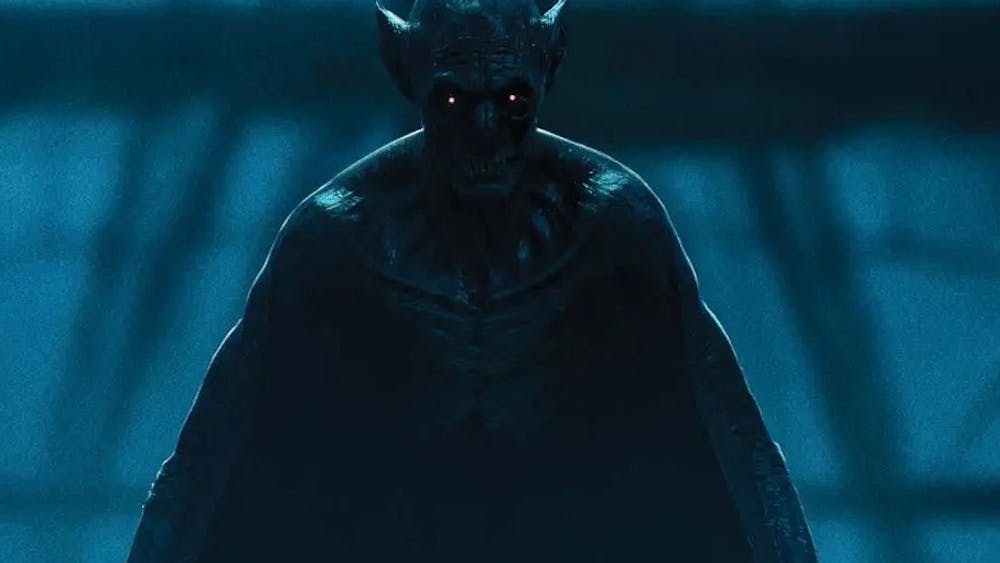It's a situation ripe for a Hollywood movie interpretation: rich and powerful people are living in the shadow of an impending disaster, unaware of the danger that is lurking near their homes. British novelist Robert Harris has done the next best thing. He's written a novel that dramatizes the disaster that befell Pompeii in A.D. 79. Harris, no stranger to historic fiction, has his most explosive outing with the drama and intrigue that surrounds the mountain. His novel "Pompeii" takes place solely in the few days preceding and during the eruption, which gives the novel an unusual, frenetic pace.\nMarcus Attilus Primus, an upstanding engineer from Rome, has just taken on the responsibility of maintaining the Aqua Augustus, the aqueduct that supplies the rich costal towns of Pompeii and Misenum after its former chief mysteriously disappeared after 20 years on the job. Marcus thought he was just responsible for maintaining the largest aqueduct in the Roman empire, while he has also stepped into a hornet's nest of political intrigue.\nWhen the water supply to Misenum halts, Marcus sets off to Pompeii, and then Mt. Vesuvius, to discover the cause of the break in the aqueduct. Along the way he picks up the daughter of a vile real-estate speculator, who manipulates the people around him to increase his wealth and power. Together they discover the cause of the break in the aqueduct -- an earthquake on the slopes of Mt. Vesuvius.\nWorried about the fate of the aqueduct, Marcus climbs to the summit of the mountain, only to discover that an eruption of Mt. Vesuvius is imminent. Before he can make it down the mountain he discovers an embezzlement scheme and is attacked by one of his assistants. When he finally makes it to Pompeii, it is too late to save the town -- the eruption has begun. \nThe biggest complaint that can be brought against "Pompeii" is the lack of character development. This is mostly due to the abbreviated time frame in which the novel operates. However, due to these time constraints, characters remain predictable and two-dimensional. Villains are all-evil and wallow in their excesses while heroes are virtuous, logical men without a corrupt bone in their bodies. It's an unrealistic and oversimplified take on human behavior.\nDespite the lack of character development, the research that went into creating this novel is impressive. Not only is the geological aspect of the eruption thorough and interesting, but equal work was put into the discussion of the aqueducts and Roman society. Perhaps most fascinating is the technical description of the eruption itself penned by Pliny the Elder from a boat in the Bay of Naples, an moving personal account of what was an earth-shattering eruption.\nMuch of this novel's genius is that it manages to engross the reader, even though the outcome is known. Much like any story about the Titanic, we await the inevitable -- Pompeii will be completely destroyed by the eruption. The tricky part is capturing the reader's imagination despite the finite ending. \n"Pompeii" manages to do just that. If you're a fan of historic fiction, by all means pick up a copy of this explosive novel. You'll have a hell-lava time. \nRobert Harris' "Pompeii" is available on www.amazon.com for approximately $16.
'Pompeii' -- an overall explosive read
Get stories like this in your inbox
Subscribe





